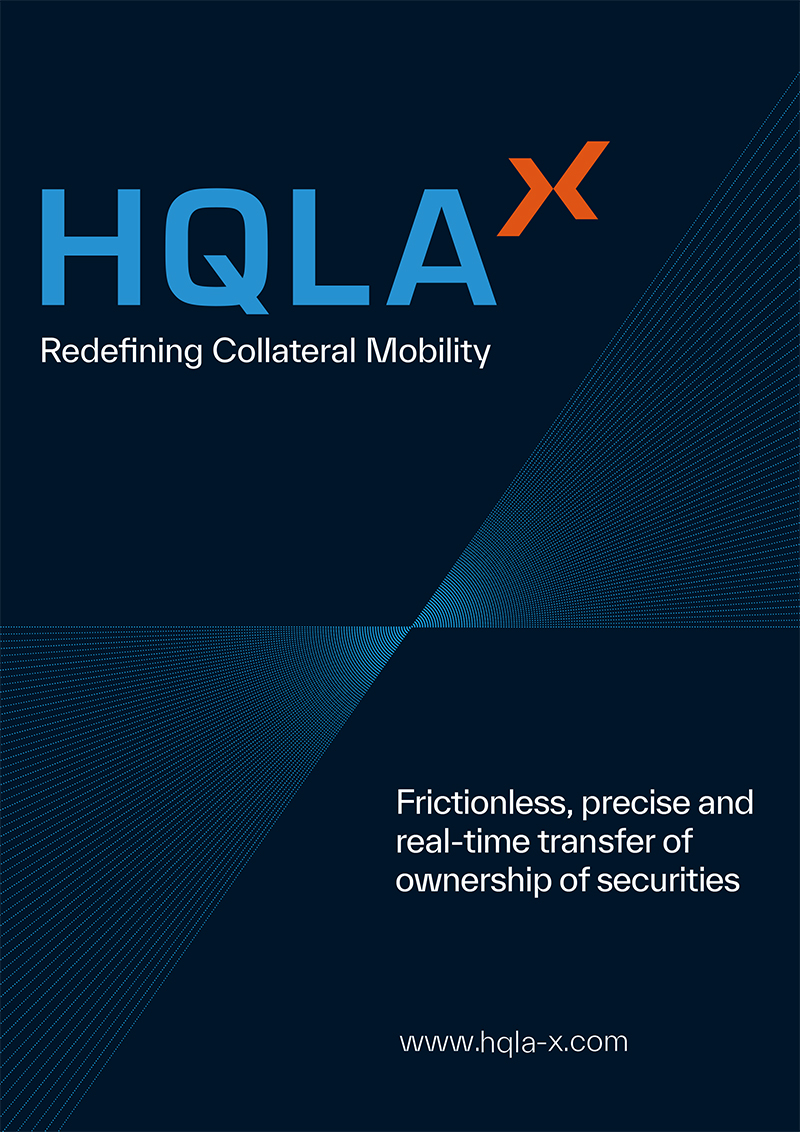International standards bodies have launched a consultation around their joint consultative report on margin practices.
The Basel Committee on Banking Supervision (BCBS), the International Organization of Securities Commissions (IOSCO) and the Committee on Payments and Market Infrastructures (CPMI) have called for industry comment on their recent report, Review of Margining Practices.
The study examines margin calls during March and April 2020 as the COVID pandemic took a grip, along with the transparency of margin practices, volatility across jurisdictions and markets, and the level of liquidity management preparedness across the marketplace.
This research forms part of the Financial Stability Board’s programme to boost the resilience of the non-bank financial intermediary sector.
This follows publication in November 2020 of the FSB’s Holistic Review of the March Market Turmoil, which called for further work to assess market participants’ capacity to meet margin calls and their ability to liquidate assets to meet margin calls under stressed conditions.
To gather information, detailed surveys were issued to four groups of financial actors: central counterparties (CCPs); clearing members and broker-dealers (financial intermediaries); other market participants active in non-centrally cleared derivatives and securities markets (clients of financial intermediaries); and financial regulators.
The joint report, Review of Margining Practices, finds that in the face of sharp spikes in volatility in March 2020 there was a broad and rapid rise in margin calls across the financial system.
Daily CCP variation margin (VM) calls during March were substantially higher than experienced during January and February 2020, rising from US$25 billion to a peak of US$140 billion.
Initial margin posted at CCPs jumped by close to US$300 billion during March, with an additional rise in excess collateral of US$115 billion, resulting in an overall rise in collateral pre-positioned at CCPs of US$415 billion. This represented a 40 per cent rise on the equivalent figure for February.
Market volatility, and the reaction of risk models to volatility, accounted for most of this rise in IM requirements, with changes in volumes and risk positions playing a smaller part, particularly for OTC interest rate swaps and exchanged-traded derivatives.
In contrast, IM posted against non-centrally cleared products remained broadly stable during this stress period, as calculated using the standard IM model (SIMM) approach. This, the report says, is partially attributed to the conservative design of the SIMM approach and partly because IM requirements for non-cleared transactions may react less to changes in market volatility.
Building on the findings of this report, the BCBS, IOSCO and CPMI identify six priority areas for further work.
This includes research to increase transparency in centrally cleared markets, including use of consistent metrics and disclosures relating to procyclicality, model performance and market responses to volatility.
They call for further international work to enhance liquidity preparedness and to improve liquidity disclosures across the market.
They highlight a need to address gaps in regulatory data and regulatory reporting at jurisdictional level, which will provide a more detailed picture of the ability of market participants to meet margin requirements.
These organisations call for the need to streamline VM processes in centrally cleared and non-cleared markets, reinforcing the ability of market participants to respond to large VM calls that can occur during periods of market stress.
The final two recommendations involve steps to evaluate the responsiveness of cleared models and non-cleared models respectively to market stresses. In the case of CCP-cleared trades, this should also examine the implications of stress situations for CCP resources and for the wider financial system.
The consultation process begins immediately and will continue until 12 January 2022.
The three organisations will then prepare a final report, taking into account comments and feedback provided on the consultative report.




